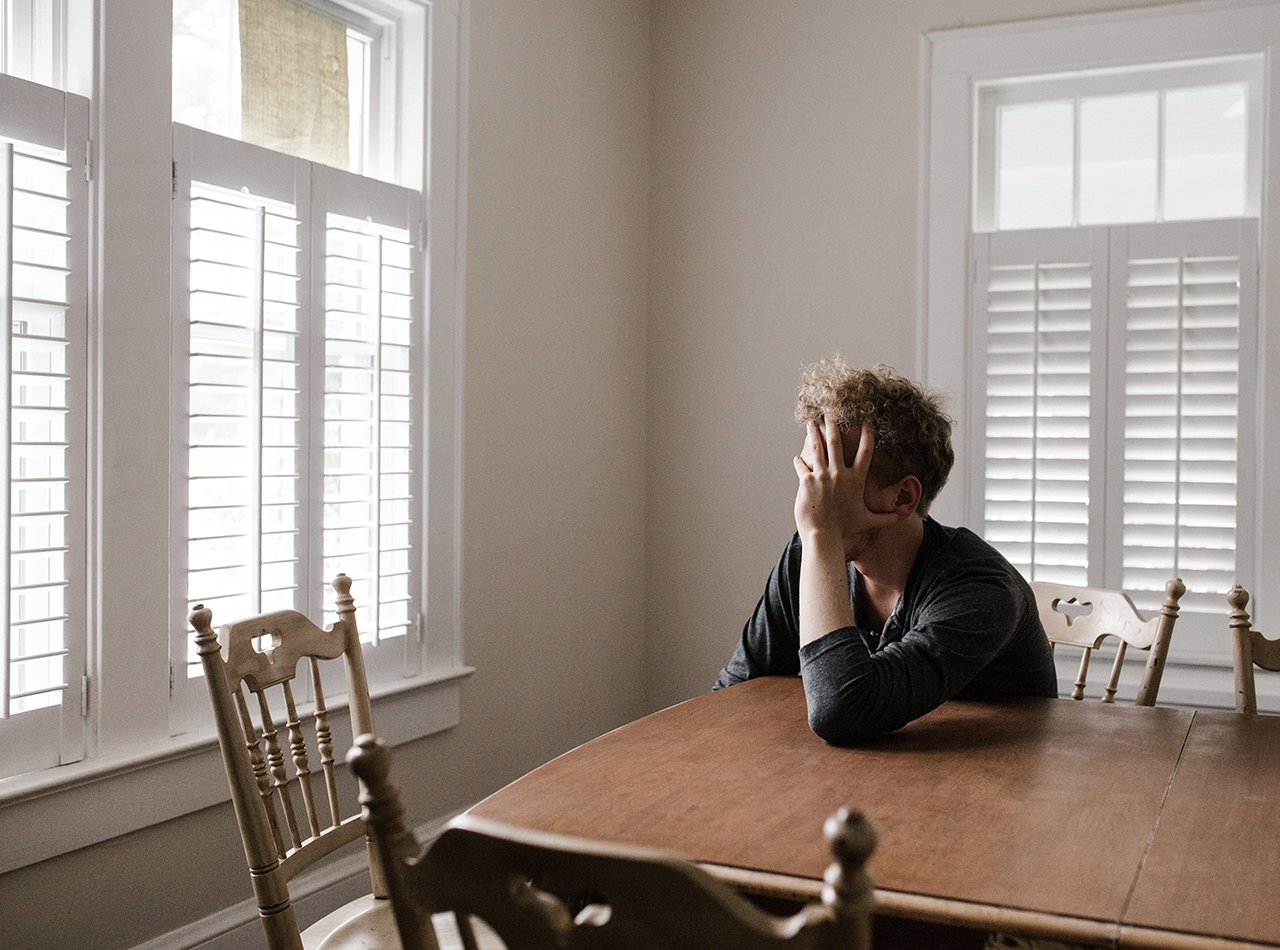
What is Trauma Therapy?
Posted: June 11, 2021
Not many of us will get through life without facing our own share of challenges. But some people experience not just stress and strife, but actual trauma. Trauma may come in the form of a physically or emotionally abusive relationship, a physical accident such as…


